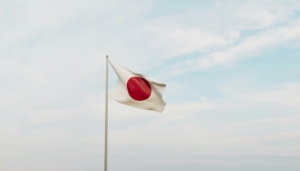
EU approves Shire’s van Willebrand factor
Orphan drug leader Shire plc has been granted EU marketing authorization for its recombinant van Willebrand factor (rVWF) vonicog alfa as second-line treatment for van Willebrand disease, the most common blot clotting disorder..
The European Commission granted EU approval for Veyvondi to prevent bleeding events and surgical bleeding in desmopressin-refractive adults (age 18 and older) with von Willebrand disease (VWD), which affects 100,000 people in the EU. The recombinant VWF is not indicated to treat hemophilia A.
According to Shire, a Takeda company, Veyvondi is the first recombinant von Willebrand Factor (rVWF) that specifically addresses the primary deficiency or dysfunction of von Willebrand Factor (VWF) while also allowing the body to restore and maintain adequate Factor VIII (FVIII) plasma levels.
The market approval is based on outcomes from three clinical trials that enroled 80 patients: a Phase I randomized, single-blind, dose-escalation study of the safety, tolerability and pharmacokinectics (PK); a Phase III open-label study to assess the PK, safety and efficacy of rVWF:rFVIII and rVWF in the treatment of bleeding episodes in adult subjects with severe VWD; and a open-label, uncontrolled, non-randomized Phase III study to assess the hemostatic efficacy and safety of rVWF with or without rFVIII in 15 adult subjects with severe VWD undergoing major, minor, or oral elective surgical procedures.
VWD is caused by a deficiency or dysfunction of VWF, one of several types of proteins in the blood that are needed to facilitate proper blood clotting. Only a minor proportion of affected individuals have the severe form of the disease and are in need of VWF replacement.Symptoms range from nosebleeds to bleeding from the gums and easy bruising. Bleeding from the stomach and intestines can occur but is less common.


 Sitryx Therapeutics
Sitryx Therapeutics
